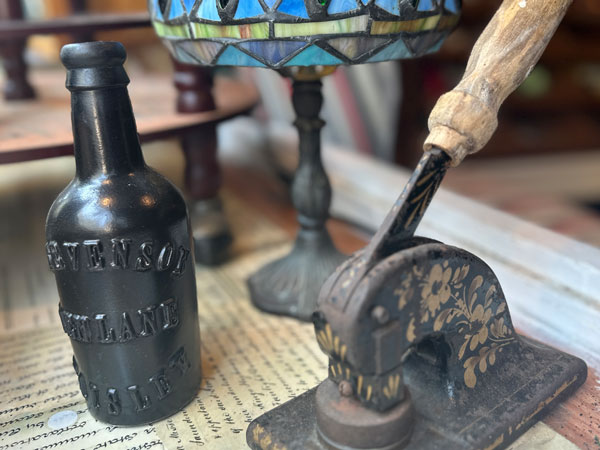How the Court of Protection Works and the Role of a Deputy
When someone loses capacity to act of their own accord whether through old age, mental illness or an accident it can put a great deal of stress on loved ones and can complicate acting in the best interests of those affected. If a Power of Attorney is not already in place then a Deputyship can be applied for through the Court of Protection so that the “Deputy” can help manage the affairs of those who find themselves unable to do so.
What is the Court of Protection?
The Court of Protection deals with matters regarding vulnerable people and their ability to make decisions independently. It was established as part of the Mental Capacity Act of 2005. The Court of Protection (often referred to as the COP) has the power to make decisions on finance, property, health or welfare. The court is also able to pass these powers to, usually, a family member or friend.
What does the Court of Protection do?
There are many situations and circumstances where the Court of Protection might get involved. In all cases their aim is to do the best for a vulnerable person by protecting their rights and welfare. Listed below are some of the other important matters the Court of Protection can oversee.
- Appointing a deputy.
- Deciding whether a decision taken on behalf of a person is appropriate.
- Settling disagreements on mental capacity that can't be settled elsewhere.
- Challenges to an authorisation for the deprivation of liberty safeguards or disputes about their use.
- Removing an attorney under a lasting power of attorney or removing a deputy.
- Making an urgent healthcare or personal care decision where there is no Deputy or Power of Attorney.
- Deciding whether an advance decision or LPA is valid.
- Approving a Statutory Will.
What is a deputy?
One of the key roles of the Court of Protection is appointing a deputy for someone who no longer has the mental capacity to make decisions on their own behalf. A deputy is only needed if there isn’t a Lasting Power of Attorney already in place.
There are two types of deputy: personal welfare deputies, and property and finance deputies.
Who can become a deputy?
Anyone can become a deputy, most commonly friends or family of the vulnerable person become their deputy, however, in some cases a solicitor might be appointed. To become a property and affairs deputy you must have the skills and knowledge to deal with property and finance. Becoming someone's deputy means taking on a lot of responsibility and shouldn't be taken lightly. You will also need to disclose your financial history to satisfy the court that you are able to manage your own affairs before being appointed to look after someone else.
Statutory Wills
Making or altering a will for an individual who lacks the capacity to do so themselves can be done through the Court of Protection with a Statutory Will. The need to do so might arise due to factors such as a severe brain injury, illness, or dementia, if these have impeded their ability to comprehend the implications of making or altering a will.
The eligibility to apply arises when the person in question cannot grasp the significance of creating or amending a will, comprehend their financial status or assets, or understand the potential impact on individuals mentioned in the will or those not included. This is a complex area of law and is best discussed with a solicitor.
What can Funnell & Perring do?
We are here to help. Our experienced team are able to:
- Advise on the best course of action,
- prepare the documents needed for your application,
- make any applications on your behalf.
Our fees
Due to the complex nature of the work, we can only give a best estimate of costs until we are familiar with your particular circumstances and the amount of work needed. Hence, our estimate being in a wide range of £2000-5000 assessed on a case-by-case basis.
To discuss whether we are able to assist please call or arrange to speak to one of our Court of Protection team on 01424 426287.

